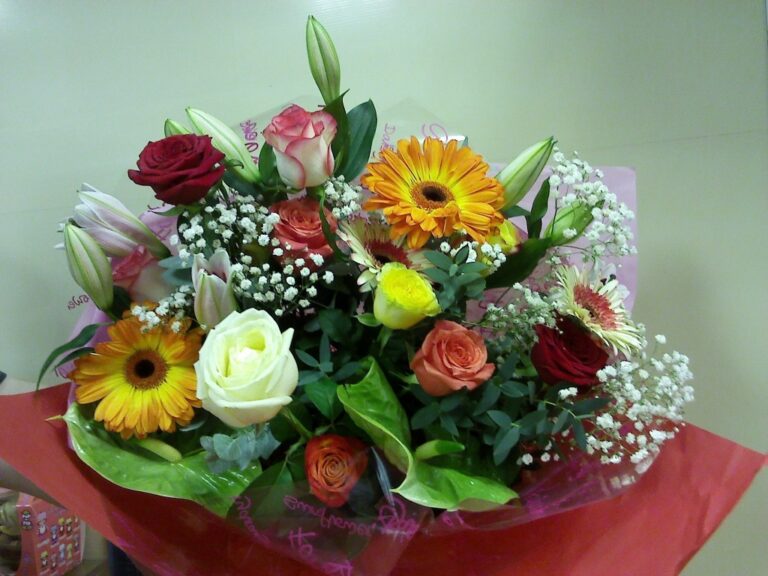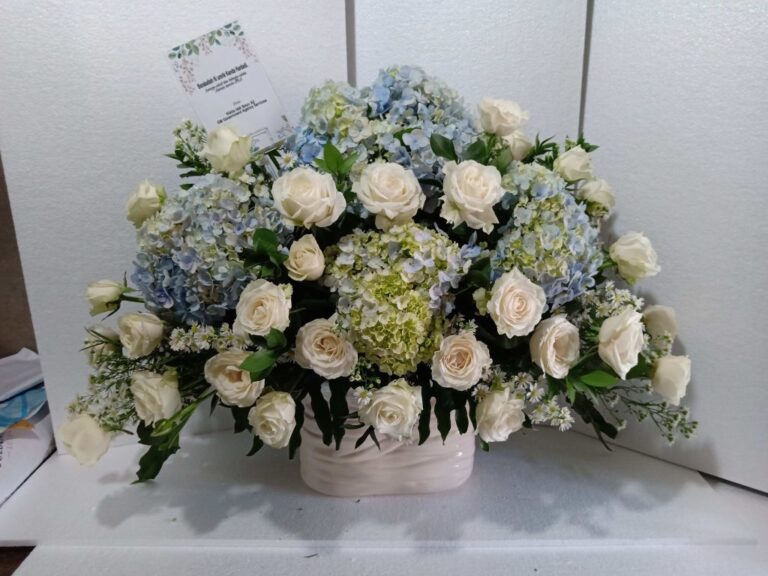
Local florists in Thailand are carving out a bigger role than ever before. Their presence isn’t just about selling bouquets. They’ve become cultural translators, weaving traditional meanings of flowers with modern customer demands. Step into a small corner shop and you’ll notice—these florists aren’t competing head-to-head with giant wholesalers. They’re competing on personal touch, quick service, and the ability to adapt on the fly.

Walk through a morning market in Bangkok or Chiang Mai and the difference jumps out. Street florists mix roses, jasmine, and orchids with styles that feel spontaneous yet thoughtful. Customers often chat with them as if talking to a friend rather than a vendor. That relationship builds loyalty.
Thailand’s flower exports remain strong, but domestic buying habits are shifting. Younger buyers want convenience, same-day delivery, and sometimes quirky requests: flowers packed in bento boxes, tiny potted succulents with handwritten notes, or bright garlands for motorbikes. Local florists are the ones experimenting with these trends. They don’t wait for market research. They test, they learn, and they roll with it.
Another layer: community support. Buying from a neighborhood florist often means supporting growers nearby. Many florists source directly from family-run farms instead of large distribution hubs. That short supply chain keeps flowers fresher and strengthens rural livelihoods. It’s a cycle—local farms fuel local shops, and the shops keep those farms alive.
There’s also the emotional economy. Funerals, weddings, and school graduations—all moments that carry weight in Thai life. People don’t just buy flowers. They buy reassurance. A florist’s gentle suggestion—“Add a touch of marigold for luck”—can change how someone feels about a gift.
The industry is still global, but the heartbeat is local. Florists at the ground level bring the human side back to commerce. And in Thailand, where flowers are tied to culture, religion, and everyday ritual, their role continues to expand. The shop may be small, but its impact stretches far beyond its four walls.




